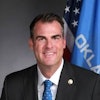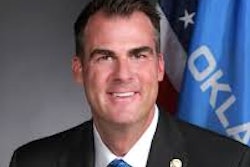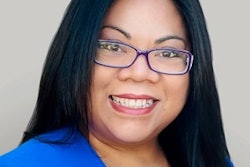TAMPA, Fla. — Community college educators from as far as Washington state and the Bahamas descended on Tampa, Fla., last week for the second annual Black, Brown & College Bound Conference. Hosted by Hillsborough Community College and nine other Florida two-year institutions, BBCB featured numerous tracks dedicated to examining and removing barriers to college for young Black and Hispanic males.
Session titles for this year’s conference included “Access is Not Enough in the Recruitment of African-American and Chicano, Hispanic & Latino Males” and “College Retention and Graduation of Males of Color: Knowledge, Skill Sets and Commitment a Triple Threat.”
Attendance at this year’s BBCB was 375, up from 250 last year, and is bound to grow in future conferences, as boosting the representation of minority males in higher education continues to be on the front burner for the numerous urban community colleges represented.
In his keynote address, University of Maryland, Baltimore County President Freeman A. Hrabowski III outlined the crisis confronting young minority males, highlighting statistics that indicate they are becoming at least as likely to go to prison as to go to college. Hrabowski also spoke about the Meyerhoff Scholarship Program at UMBC, which aims to propel young minority males to finish doctorates in STEM disciplines.
Hrabowski said he’s taken some complaints over the Meyerhoff program’s emphasis on men, as some say challenges faced by women are being overlooked.
“People are not comfortable talking about issues of Black and Hispanic boys,” Hrabowski said. “We must teach people that talking about the challenges of one group of children should not and doesn’t have to take away from the challenges that others face. We have programs on our campus for girls and young women, we have programs on our campus for boys and young men, and they can complement each other,” Hrabowski said.














